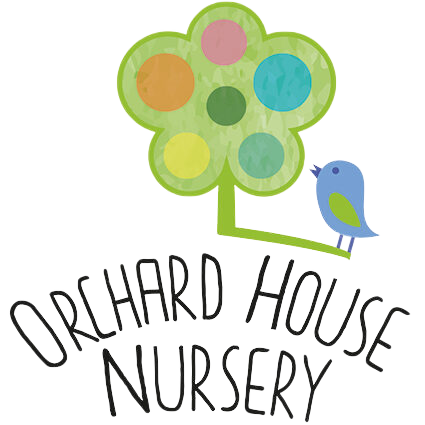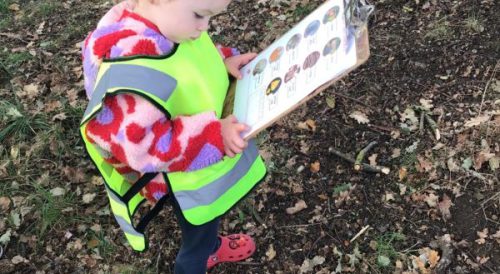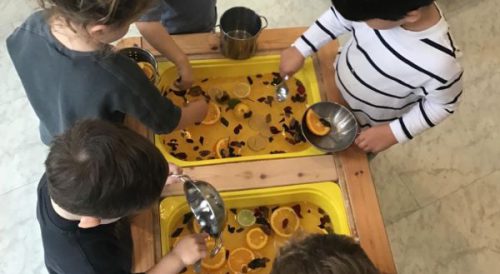Understanding Speech Delays in Children: Causes, Treatments, and When to Be Concerned
One of the most common worries for parents of young children is speech development. When should a child be talking? How much should they be saying? And if they seem delayed, should we be concerned? At our nursery, we often reassure parents that every child develops at their own pace, and comparisons with peers can be unhelpful and misleading.
Causes of Speech Delays
Speech delays can stem from a variety of factors, including:
- Hearing impairments – Children with undiagnosed hearing issues may struggle to develop speech.
- Developmental disorders – Conditions such as autism spectrum disorder (ASD) or dyspraxia can impact speech development.
- Bilingualism – While it is sometimes noted that bilingual children may start speaking later, this is not always the case. Every child processes language differently.
- Environmental factors – Limited verbal interaction or excessive screen time can sometimes slow speech development.
- Prematurity or medical history – Premature babies or children with early medical complications may have delayed milestones.
The Myth of Comparing Children
As a mother of four children raised with both English and Italian, I’ve seen firsthand how speech development can vary significantly, even within the same family. My eldest, Giulia, was an exceptionally early speaker. Some suggested that had she not been bilingual, she might have developed speech even sooner. But does early speech necessarily indicate intelligence or ability? Human development is far too complex to be reduced to simple correlations.
In contrast, my second daughter, Giorgia, seemed delayed in almost all her milestones. The old adage goes, “The biggest surprise of your second child is that they are not your first.” That certainly resonated with me! Parenting Giorgia was a vastly different experience. Rather than feeling like a more experienced mum, I often felt at a loss. She responded to everything differently, and her developmental path caused significant concern.
She walked at 18 months—well-meaning relatives reassured me, saying, “Clever children walk later!”—and by the age of two, she barely spoke a few words. By three, she still couldn’t form sentences. Again, people tried to console me with the bilingualism argument, but I inwardly worried, as she seemed to grasp neither language fluently. By the end of reception, she was behind on all her academic milestones. I resigned myself to the idea that she might not be academically gifted—but she had a gorgeous smile and irresistible blue eyes!
Fast forward to Year 2, and the same child was in the top group in all subjects. Her teachers praised her eloquent contributions and outstanding communication skills. This journey taught me that there is no certain correlation between early milestones and long-term development. Children flourish in their own time and in their own way.
When Should You Be Concerned About Speech Delays?
While every child develops at their own pace, there are certain red flags that might indicate the need for professional intervention:
- No babbling by 12 months
- No words by 18 months
- Difficulty understanding simple instructions by age 2
- No two-word phrases by age 3
- Persistent difficulty being understood by caregivers and peers
If you are concerned about your child’s speech development, consulting a speech and language therapist can provide guidance and reassurance.
Supporting Speech Development
At our nursery, we are committed to fostering strong communication skills in all children. Recently, we signed on to Early Talk Boost with Greenwich Council—a fantastic programme designed to support young children with delayed language development. Through structured activities, interactive storytelling, and targeted interventions, we aim to give every child the best start in their communication journey.
Language and communication are among the most extraordinary features of the human species. Our ability to connect through speech sets us apart and shapes our understanding of the world. As parents and educators, our role is not to compare but to nurture, guide, and celebrate each child’s unique developmental path.
If you have concerns about your child’s speech, we encourage open conversations with our team. Every child has their own journey, and with the right support, they will find their voice in their own time.




